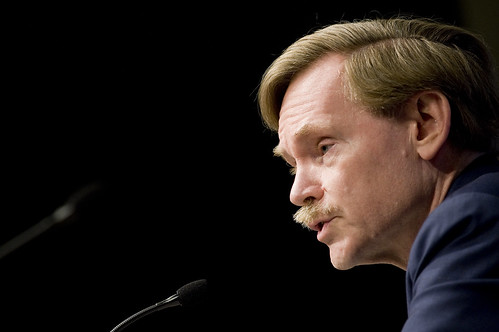
NEW YORK – I have been honored by World Bank directors representing developing countries and Russia to be selected as one of two developing-country candidates to become the Bank’s next president. So I want to make known to the global community the principles that will guide my actions if I am elected – principles based on lessons learned from development experience.
That experience has taught me that successful development is always the result of a judicious mix of market, state, and society. Trying to suppress markets leads to gross inefficiencies and loss of dynamism. Trying to do without the state leads to unstable and/or inequitable outcomes. And trying to ignore social actors that play an essential role at the national and local levels precludes the popular legitimacy that successful policymaking requires.
Indeed, the specific mix of markets, state, and society should be the subject of national decisions adopted by representative authorities. This means that it is not the role of any international institution to impose a particular model of development on any country – a mistake that the World Bank made in the past, and that it has been working to correct. Because no “one-size-fits-all” strategy exists, the Bank must include among its staff the global diversity of approaches to development issues.

